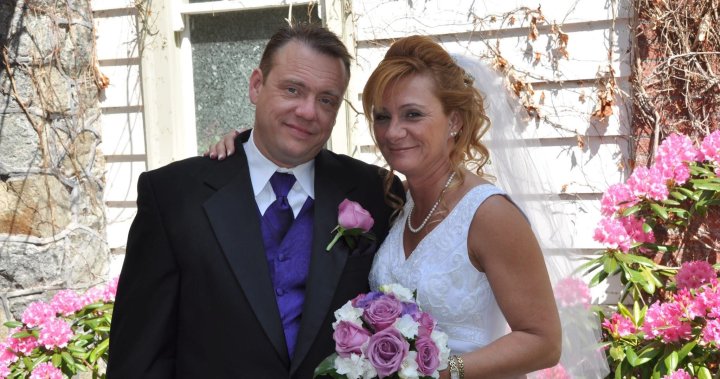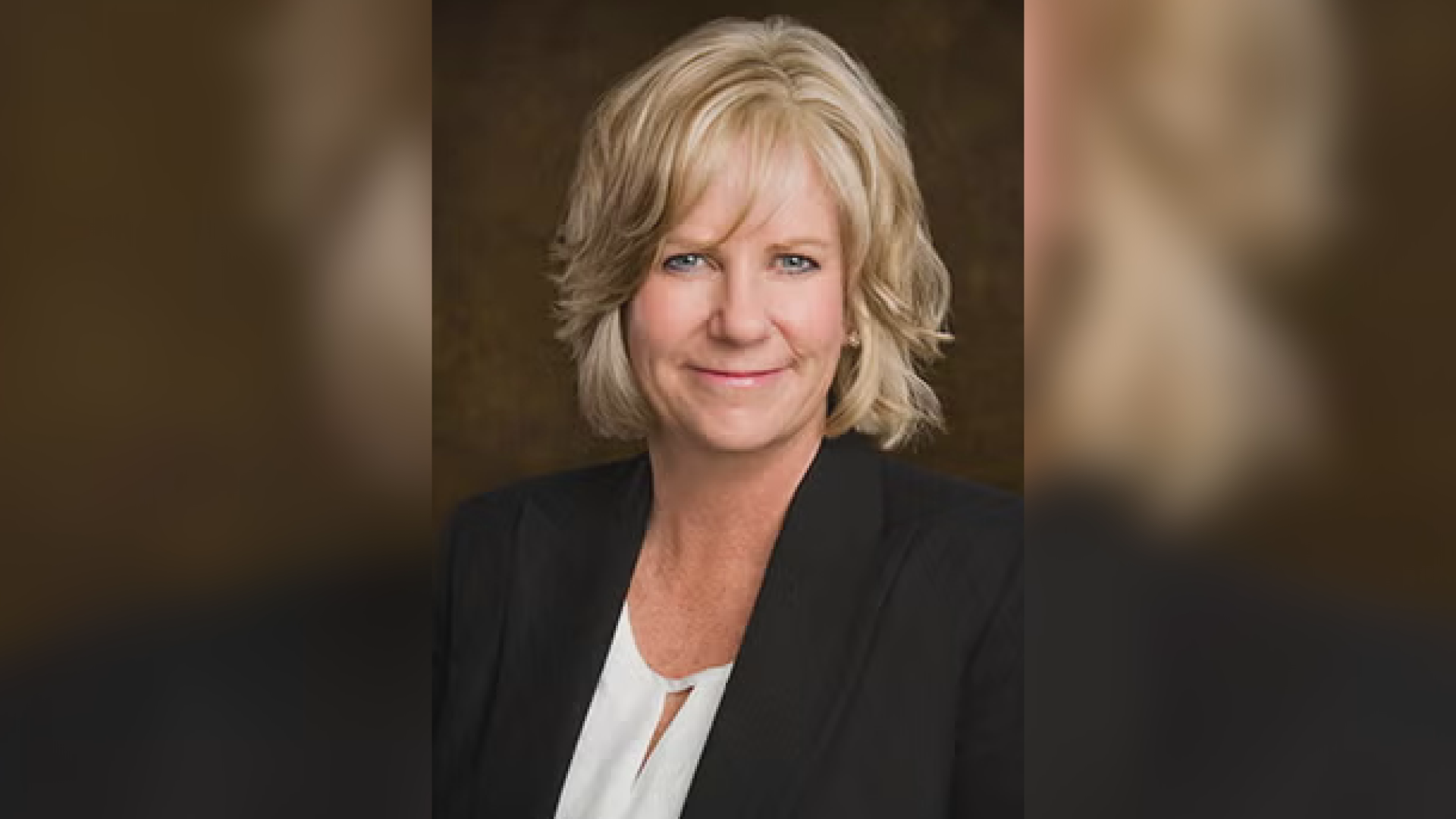The Christmas season of 2024 was supposed to be a time of joy and celebration for the Boyd family of Calgary, Canada. Glenn and Christine Boyd, anticipating the festive chaos, had planned a pre-holiday getaway to Mexico, a dream vacation filled with business class flights, exotic diving excursions, and opportunities to reconnect as a couple. Instead, this idyllic escape transformed into a tragic nightmare. On December 20th, during a scuba diving adventure, Glenn experienced breathing difficulties and drowned before reaching the surface. This devastating event plunged Christine into a bureaucratic labyrinth, stranded in a foreign country as she struggled to repatriate her husband’s remains.
The immediate aftermath of Glenn’s death brought a cascade of logistical and financial challenges. Mexican authorities required a payment of $6,500 to release Glenn’s ashes and death certificate following his cremation. While the family managed to transfer the funds, the bank warned of a potential 10-business-day processing period, prolonging Christine’s stay in Mexico and adding to the mounting expenses. Christine, resolute in her grief, refused to leave her husband’s side. Her determination resonated with her daughter, Meagan Grabst, back in Calgary, who was spearheading efforts to support her mother during this ordeal. Christine’s heartbreaking declaration, “I can’t do that, I’ll sleep on the beach before I leave without him,” underscored the emotional toll of the situation.
The escalating costs of accommodation, coupled with the unpredictable timeline for obtaining Glenn’s remains and the eventual need for last-minute flights, placed an immense financial strain on the family. Recognizing the urgency of the situation, Meagan launched a GoFundMe campaign, appealing to the generosity of friends, family, and the wider community. Within just four days, the campaign surpassed expectations, raising an incredible $16,000. This outpouring of support provided a crucial lifeline, allowing the family to address the immediate financial pressures and highlighting the profound impact of community solidarity in times of crisis. Meagan expressed her gratitude for the overwhelming response, noting how much it would have meant to her stepfather, a man known for his generosity and selflessness.
Initially, the family faced further challenges navigating the complexities of altering travel arrangements. Both Expedia, the booking platform for the trip, and WestJet, the airline, initially stated they could offer no assistance without a death certificate, leaving Christine stranded in Mexico. However, as media attention focused on the Boyd family’s plight, both companies reversed their stance and committed to providing support. Expedia offered a full refund for Christine’s return ticket and pledged further assistance if needed. WestJet, in turn, promised to arrange a complimentary flight back to Calgary for Christine whenever she was ready to return and committed to processing an exceptional circumstance refund for the original flights upon receipt of the death certificate.
This tragic experience served as a stark reminder of the importance of comprehensive travel insurance, which can mitigate the financial burdens associated with unexpected events abroad. Travel experts also emphasized the crucial role of embassies in providing support and guidance to citizens navigating foreign legal and bureaucratic processes. For the Boyd family, the support from the local community in Calgary, the individuals who provided accommodation and assistance in Mexico, and the eventual cooperation of Expedia and WestJet proved invaluable. Despite the bureaucratic hurdles and emotional trauma, the outpouring of compassion provided a glimmer of hope amidst their grief.
The Boyd family’s ordeal transitioned from a dream vacation to a heartbreaking struggle against bureaucratic processes and unexpected expenses in the wake of a sudden tragedy. While the financial burden was partially alleviated by the successful GoFundMe campaign, the emotional toll of losing a loved one under such circumstances remained profound. The initial reluctance of travel providers to offer assistance without official documentation further exacerbated the family’s distress. However, the subsequent public pressure and media attention resulted in a positive shift, with both Expedia and WestJet stepping forward to provide much-needed support. This case underscores the importance of adequate travel insurance and the vital role of community support in navigating unforeseen tragedies abroad. The Boyd family’s experience serves as a cautionary tale, highlighting the need for travelers to be prepared for unexpected events and the power of collective action in times of crisis.










